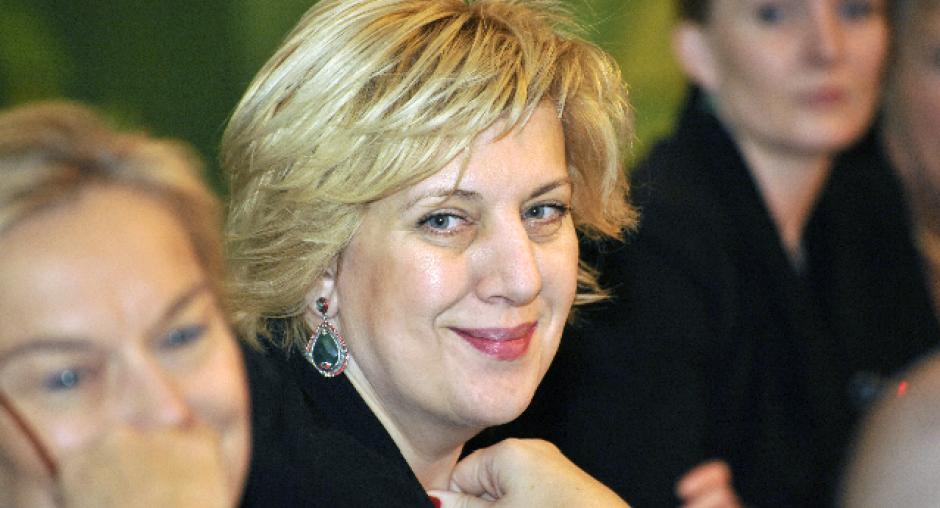Plans for Internet blacklist in Russia may lead to censorship, warns OSCE media freedom representative

VIENNA, 10 July 2012 – The OSCE Representative on Freedom of the Media, Dunja Mijatović, said today that Russia's plans to set up a new national registry of websites containing allegedly harmful Internet content could restrict Internet freedom.
The State Duma, the lower house of the Russian Parliament, on 6 July passed in a first reading amendments to the adopted Federal Law “On the Protection of Children from Information Detrimental to their Health and Development.” The changes envisage blacklisting websites that contain allegedly harmful content such as pornography or drugs ads or that pro-mote suicide or extremist ideas, and introducing additional restrictive measures without court orders or due judicial process.
“Any attempt to ban vaguely defined Internet content in a non-transparent manner will almost certainly lead to over-blocking and possibly censorship, thus hindering the free flow of information,” Mijatović wrote in a letter to Foreign Minister Sergey Lavrov and State Duma Chairman Sergey Naryshkin.
The draft amendments stipulate that if the owner of a website fails to remove banned content within 24 hours after its being included in the registry, the hosting provider will be obliged to block the entire website. As a result this might lead to the blocking of content outside the scope of the law.
The draft provisions hold Internet Service Providers liable by obliging them to remove content upon notification by a federal agency to be appointed by the government. In addition to courts, which already have the authority to ban extremist and other types of content that violate Russian legislation, the agency will have the right to add items to the blacklist. The Justice Ministry is already running a blacklist of extremist materials banned by courts, which comprises websites and offline publications, as well as musical recordings and leaflets. This list currently has 1,279 entries.
“It is worrying that the draft amendments ignore due process by excluding courts of law from defining harmful content and from issuing take-down or blocking orders. It is further not clear under which criteria content will be defined as harmful to children and thus blacklisted,” Mijatović said.
Noting that there were other ways of protecting children from certain online content, Mijatović said that she agreed with Russia’s Presidential Council for the Advancement of Civil Society and Human Rights that the proposed law would not be an effective tool for rooting out illegal content. In her letter, she also referred to President Vladimir Putin's 27 June address to the Federation Council (upper house of Parliament), in which he said that measures aiming at protecting minors from harmful content should not be conducive to restricting Internet freedom.
The Representative urged the authorities to suspend the bill and put it out for public discussion with the participation of experts on the issue. She offered her Office’s assistance in providing a legal review of the law.
